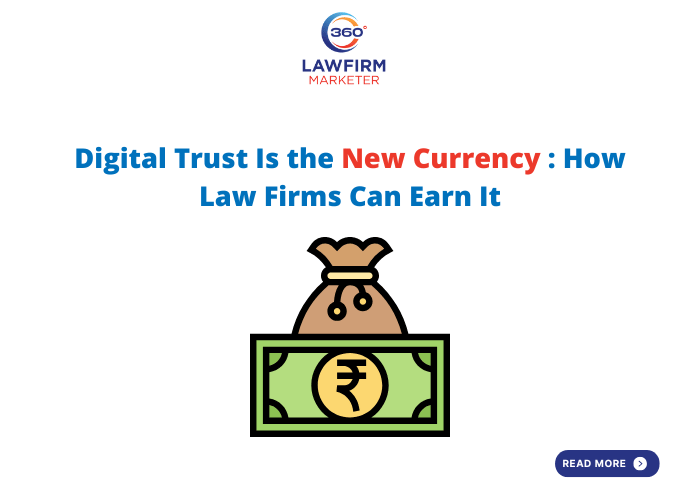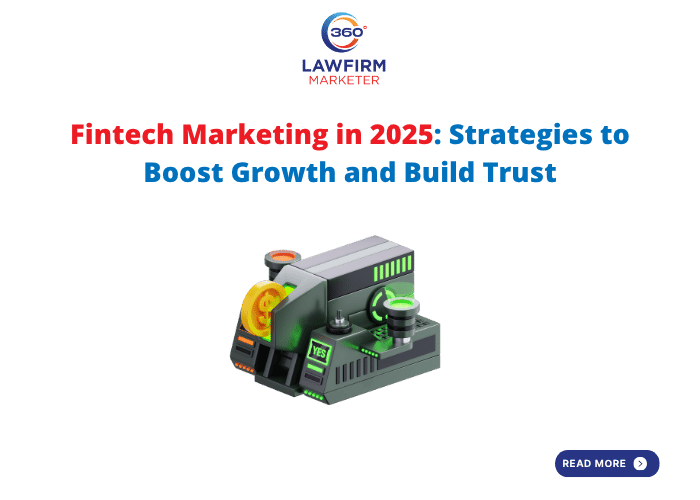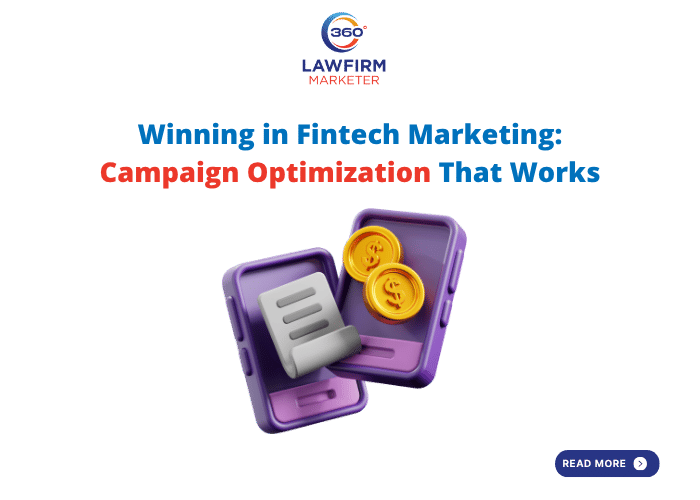Digital Marketing vs Traditional Marketing: Which Strategy Delivers Better ROI?
Marketing is the lifeblood of every business. It’s the engine that drives awareness, engagement, and ultimately, revenue. But in today’s competitive landscape, one question continues to dominate boardroom discussions:
Should you invest in traditional marketing or go all-in on digital marketing?
This debate Digital Marketing vs Traditional Marketing is more relevant than ever. With businesses seeking cost-effective, measurable strategies, understanding the strengths and weaknesses of each approach is critical for making informed decisions.
What is Traditional Marketing?
Traditional marketing refers to long-established advertising methods that have been around for decades. These include:
- Television and radio commercials
- Newspaper and magazine ads
- Direct mail campaigns
- Billboards and outdoor advertising
These channels are still widely used, especially by large brands aiming to build mass awareness and credibility.
Strengths of Traditional Marketing
- Massive Audience Reach
TV and radio ads can reach millions in a single broadcast. According to Nielsen, 85% of U.S. households still watch traditional television regularly, making it a powerful medium for brand exposure. - Credibility and Trust
Ads in reputable newspapers or on respected TV networks lend authority to your brand crucial for industries like finance, healthcare, and luxury goods. - Tangibility and Longevity
Printed materials like brochures and magazines offer a physical presence that digital ads can’t replicate. A billboard can continue making impressions long after its initial display.
Weaknesses of Traditional Marketing
- High Costs
Traditional advertising is expensive. A 30-second Super Bowl commercial costs over \$7 million unrealistic for most small businesses. - Limited Targeting and Tracking
You can target general demographics, but there’s no guarantee the right person will see your ad. Measuring ROI is also challenging.
What is Digital Marketing?
Digital marketing encompasses all online strategies used to promote products or services, such as:
- Search Engine Optimization (SEO)
- Pay-Per-Click (PPC) Advertising
- Social Media Marketing
- Email Marketing
- Content Marketing
These methods allow businesses to run highly targeted, measurable campaigns making digital marketing the preferred choice for many modern brands.
Strengths of Digital Marketing
- Cost-Effectiveness
Digital campaigns are significantly more affordable than traditional methods. A small business can start a Facebook or Google Ads campaign with just a few dollars per day. - Advanced Targeting and Personalization
Platforms like Facebook and Google allow precise targeting based on demographics, interests, and behaviors. For example, you can target 35-year-old parents in Chicago who recently visited parenting websites. - Real-Time Analytics and Optimization
Tools like Google Analytics and Facebook Insights provide real-time data on clicks, conversions, and ROI. This enables businesses to adjust campaigns on the fly for better performance.
Weaknesses of Digital Marketing
- Ad Fatigue and High Competition
Consumers are bombarded with ads daily, and many use ad blockers. To stand out, businesses must invest in high-quality content and creative strategies. - Dependence on Algorithms
Digital marketing success often depends on platform algorithms, which change frequently. A single update can impact your visibility and performance.
Digital Marketing vs Traditional Marketing: Which One Wins?
The best strategy depends on your goals, audience, and budget:
- Traditional Marketing Works Best For:
- Building brand credibility
- Reaching older or less tech-savvy audiences
- Creating long-lasting brand impressions
- Digital Marketing Works Best For:
- Targeted campaigns with measurable outcomes
- Businesses with limited budgets
- Fast campaign deployment and testing
For most businesses today especially those looking to scale efficiently digital marketing offers better ROI, flexibility, and data-driven insights.
Why Businesses Are Shifting to Digital
The shift toward digital marketing is undeniable. According to industry reports, businesses are allocating more than 60% of their marketing budgets to digital channels. The reasons are clear:
- Lower costs compared to traditional media
- Ability to track every click and conversion
- Faster testing and optimization cycles
- Global reach with localized targeting
Work with Experts for Maximum Impact
If you want to stay ahead in this competitive landscape, partnering with professionals is key. Leading agencies offering Digital Marketing Services New York can help you craft data-driven strategies, optimize campaigns, and deliver measurable results. From SEO and PPC to social media and content marketing, expert guidance ensures your marketing dollars work harder for you.
Final Thoughts
While traditional marketing still holds value for certain industries and demographics, digital marketing’s flexibility, affordability, and measurability make it the preferred choice for most businesses today. The smartest approach often involves a hybrid strategy leveraging the credibility of traditional media with the precision and scalability of digital channels.
Evaluate your audience, goals, and resources, then choose the mix that aligns best with your vision. In the battle of Digital Marketing vs Traditional Marketing, the winner is the strategy that delivers the highest ROI for your unique business needs.




